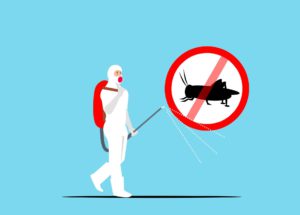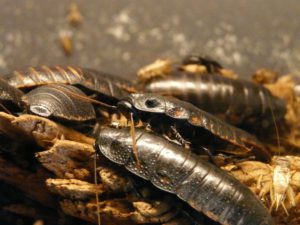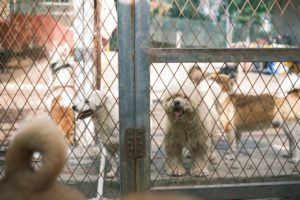If you own a cat, you may understand how selective their diets are. Your feline companion may have nine lives, but these will not stand a chance against an unhealthy meal plan, which is why proper nutrition for a cat is important. Consequently, nutrition and diet contribute to the healthy life and ageing of a cat.
There are about 6 stages of a cat’s life, which will be considered in the course of this article. A cat’s life stage may influence a change in dietary needs. You must tailor your feline’s meal plan and nutrition to what is necessarily needed per stage of life and age of your cat to facilitate proper growth and healthy living and also boycott health issues when your cat gets old.
Proper nutrition for a kitten
Your cat is a kitten from the moment it is born till it clocks 6 months. At the newborn stage, a kitten may mostly feed on its mother’s milk. If the mother is absent, then bottle feed your kitten with kitten-appropriate milk every 1 to 4 hours. After weaning, your kitten should begin to eat wet meals and water-based meals rich in calories at an interval of 4 to 6 hours daily or as your Veterinarian may prescribe.
Proper nutrition for a junior cat
A junior cat is one within the age bracket of 6 months and 2 years. These formative years of a cat require meals rich in animal-based proteins and fats to aid proper growth. Proteins from animal products like meat and fish rich in these amino acids are best for your kittens, as cats cannot produce some essential amino acids needed for growth and development.
Proper nutrition for an adult cat
Also known as a cat in its prime, an adult cat is in its prime anytime between 3 and 6 years. Your cat, at this stage, is still in need of animal-based proteins but balanced with other essential nutrients. Your cat may also develop a large appetite at this stage and will require different amounts of calories a day, depending on the breed.
Proper nutrition for a mature cat
A mature cat has lived for 7 to 10 years. At this stage, invest in low-carb foods rich in fibre and begin to cut down on fatty foods. You may also want to consider reducing the portions fed to your cat daily to prevent obesity in your feline. Nonetheless, your Veterinarian should always guide you on the best diet and eating plan for your cat at all stages.
Proper nutrition for a senior cat
The senior years of a cat is the beginning of its being considered aged and old. A senior cat usually comes within the 11 to 14 years bracket, while a super senior or a geriatric cat is one 15 years and over. In the senior years, go for highly digestible diets and reduce the calorie intake of your cats as they are at their most vulnerable to nutrition-related diseases and illnesses.
Now to the question many cat parents ask, can cats eat Doritos? Cats should not eat Doritos because it has no nutritional value and may pose a choking hazard for your felines, amongst other health repercussions. Stick with cat-friendly treats and any other meal plan drawn up by your local Veterinary and your cat will seamlessly pass through each stage of life a healthy and happy cat.





Be First to Comment